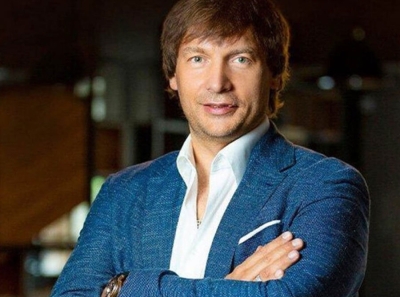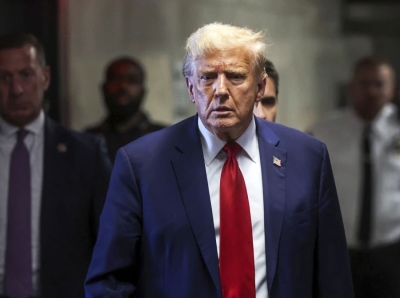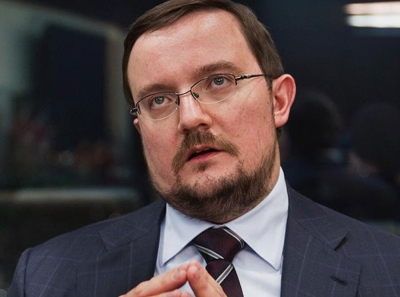Lampedusa: how should the EU deal with migration?
During her visit to Lampedusa, EU Commission President Ursula von der Leyen promised a ten-point plan on migration. Thousands of refugees arrived on the Italian island last week. The EU must do a better job of redistributing new arrivals and controlling illegal immigration while opening up channels for legal migration, von der Leyen said. Europe’s press sees problems, but also opportunities.
As predictable as plate tectonics
In his leading article, Le Figaro’s editor-in-chief Patrick Saint-Paul calls for a new EU migration package:
“Was the Lampedusa crisis unexpected? Quite the opposite: wars, poverty, coupled with climate change and explosive population growth in the most vulnerable countries have made migration flows as predictable a phenomenon as plate tectonics. But Europe is planless. ... The time has come for Europeans to get together and finally adopt a new migration package. Beyond the necessary cooperation with countries of origin and transit, the protection of the EU’s external borders is crucial. This is the only way to guarantee the freedom of movement within the bloc that Europeans hold so dear.”
EU Council’s prior consent needed for such deals
The strategy of concluding more agreements like the one with Tunisia will come up against major hurdles, La Stampa warns, citing a legal opinion of the EU Council:
“The agreement with Tunisia was signed ‘in disregard of the procedures’. ... Von der Leyen — accompanied by Giorgia Meloni and Dutch Prime Minister Mark Rutte — signed the agreement without the prior authorisation of the Council, and therefore of the other governments. The document contains a warning: agreements with other countries can no longer be signed without the prior consent of the other EU states. This is a problem for Meloni and von der Leyen, who would like to repeat the Tunisia model with other North African partners, starting with Egypt.”
Strife over migrants could be the EU’s downfall
Things are not looking good for the EU, says The Daily Telegraph:
“If the EU cannot reach agreement on the fundamental issue of how to deal with migrants, then what is the point of it at all? Migration has the potential to rip apart the EU. When previously migrant-friendly countries like Germany and Sweden start to wash their hands of migrants who arrive on Europe’s southern shores, it is rapidly going to end up as a case of every country for itself. This will inevitably bring quite a reaction from those countries highly exposed to migrant flows. ... Don’t bet your last euro on the EU surviving the migrant crisis.”
Not a problem but a host of opportunities
El Periódico de Catalunya calls for a radical change of course:
“The wild rhetoric of the far right offers no magic formula. ... Giorgia Meloni promised to put an end to the arrivals, but reality is getting the better of her. ... Tensions are also rising in Germany, with more and more people entering the country across the Czech and Polish borders. ... Europe’s problem is that no one can enter legally, even though we need the immigrants. It’s unbelievable that the EU doesn’t have a policy of issuing immigration permits at the place of origin and legal work contracts at the destination. Treating the arrivals as if they were barbarians won’t help to stop the influx. Perhaps treating them like human beings will. Then we won’t have a problem but a host of opportunities.”
Salvini wants to overtake Meloni on the right
The issue is highly risky for Meloni as head of the right-wing governing coalition, analyses De Standaard:
“Once she became prime minister, she adopted a more moderate tone and quickly realised that there is no miracle solution. Last year, there was a spectacular increase in the influx of boat people under her government. This makes her policy vulnerable and her most dangerous rival is in her own government camp. Deputy Prime Minister Matteo Salvini sees any means used to stop boats as permissible, including the deployment of the Italian navy. ... Salvini’s harsh statements must be seen as the starting signal for his campaign for next year’s European elections. Then he plans to overtake Meloni by swerving even further to the right.”









